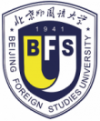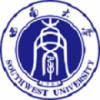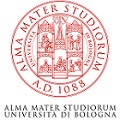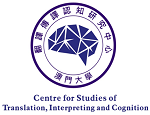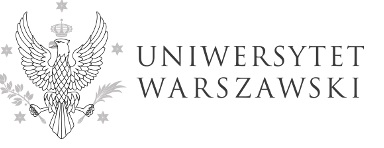The empirical-experimental approach is relatively new in translation studies and this lack of tradition makes it very difficult to set up an empirical research project. The natural sciences, and more recently, the social sciences, can rely on established theoretical and methodological criteria, whereas in translation studies we cannot. There is little consensus on how to formulate working hypotheses, design experiments, choose subjects, define experimental and control groups, control random variables, and so on. Perhaps the most difficult problem is how to create reliable instruments to measure the parameters we are interested in and to provide data for analysis. Despite the difficulties, some empirical studies have been carried out and some isolated hypotheses have been confirmed. In our opinion, these studies are important for three main reasons. The have opened up new perspectives to understanding translation competence and performance, the area of translation studies that is most closely linked to psychology. They have tested some instruments to measure this competence. They have conformed some earlier intuitions about it, e.g., the translation process is not lineal but recursive, strategies play a decisive role in the process, procedures vary significantly according to the individual, the text, or directionality. In our project we are building on this pioneer research, working in three related areas: (1) translation competence, (2) the acquisition of translation competence, and (3) teaching proposals to develop and evaluate translation competence. This article summarises our theoretical and working hypotheses and suggests some of the methodological problems involved in studying such a highly complex phenomenon




